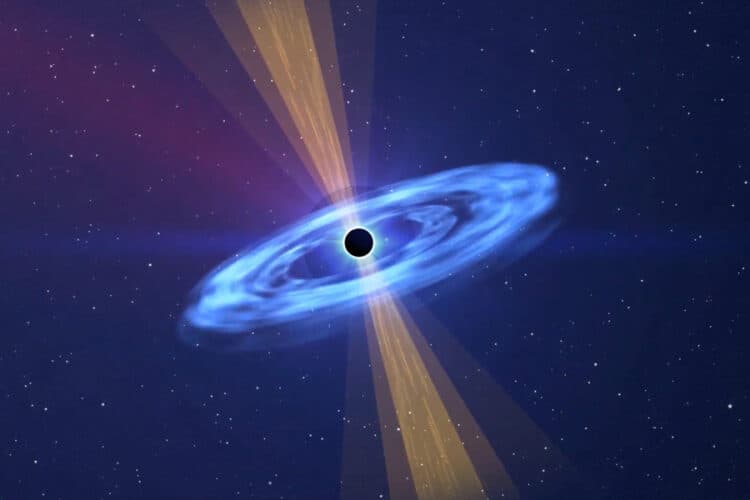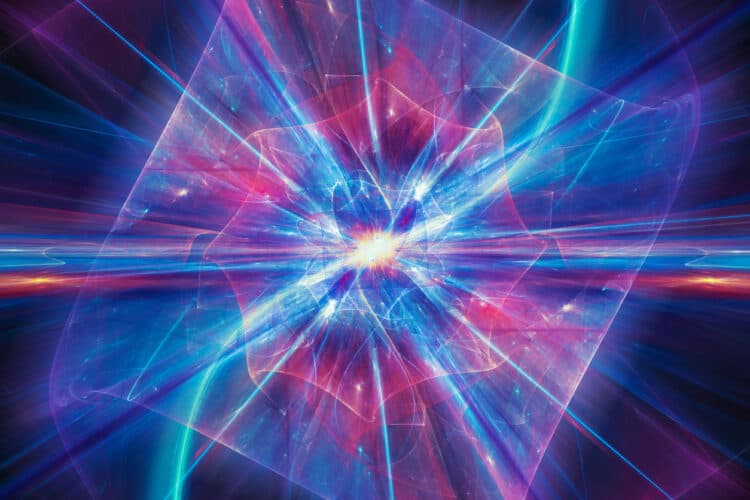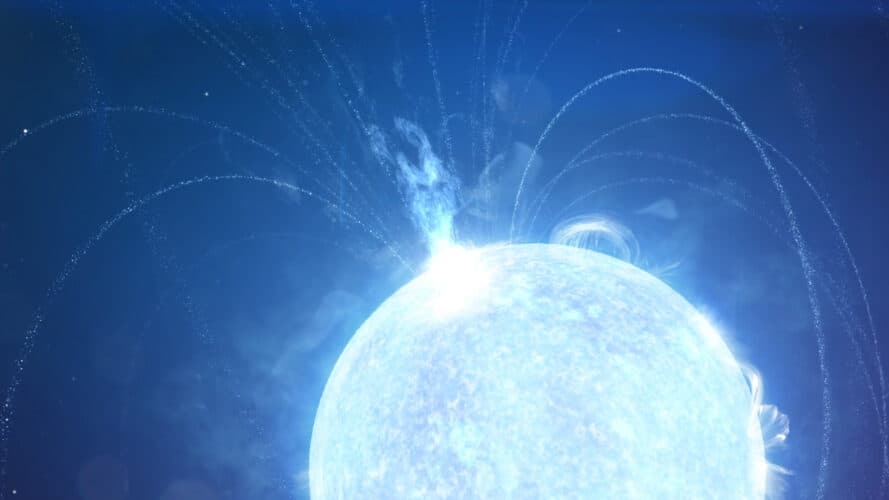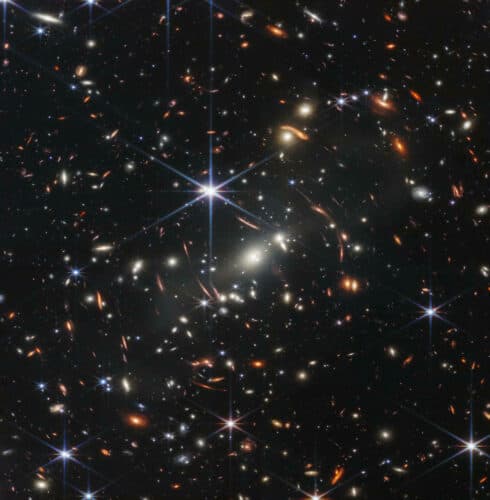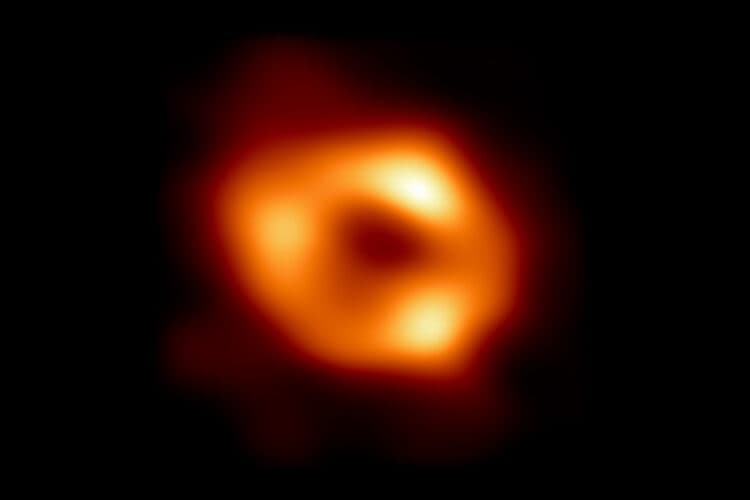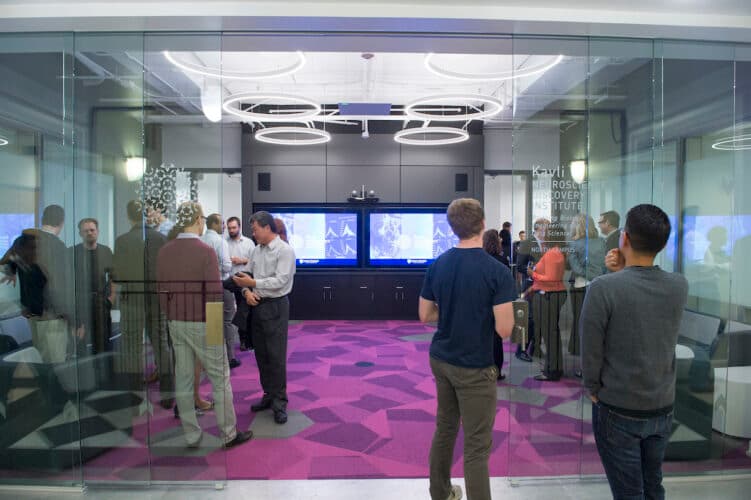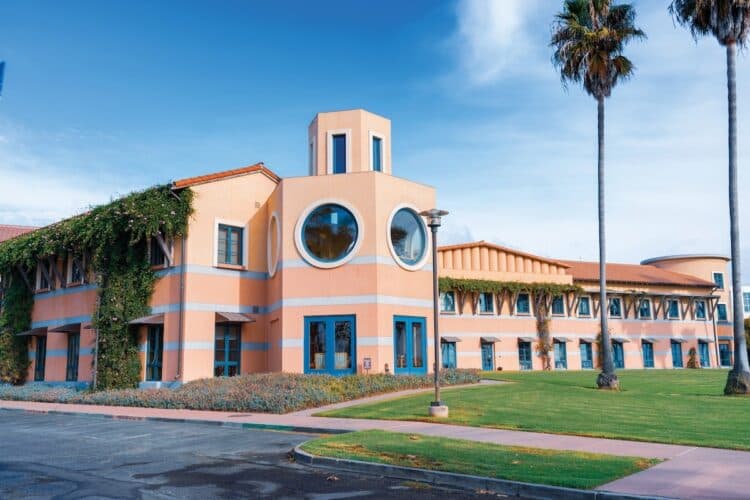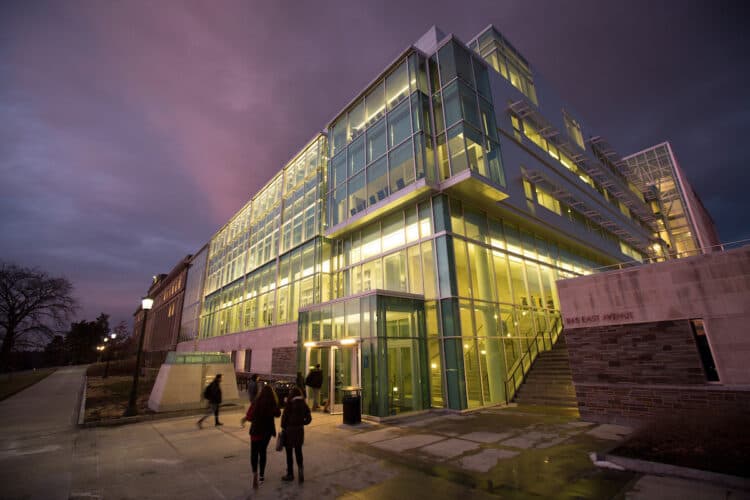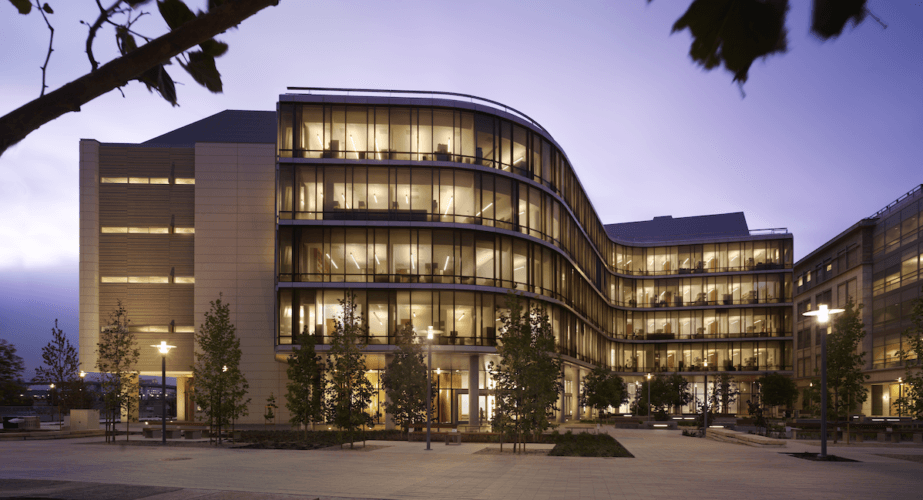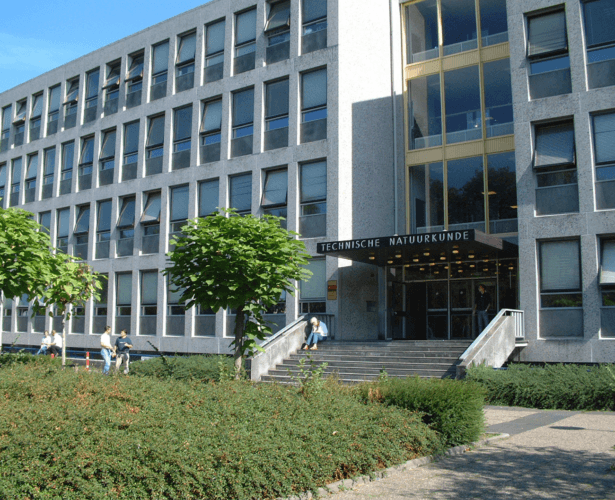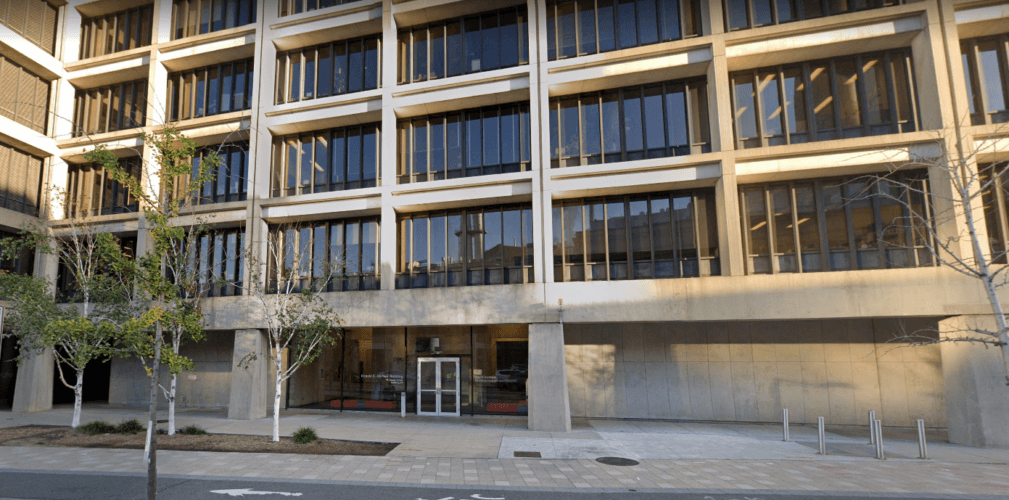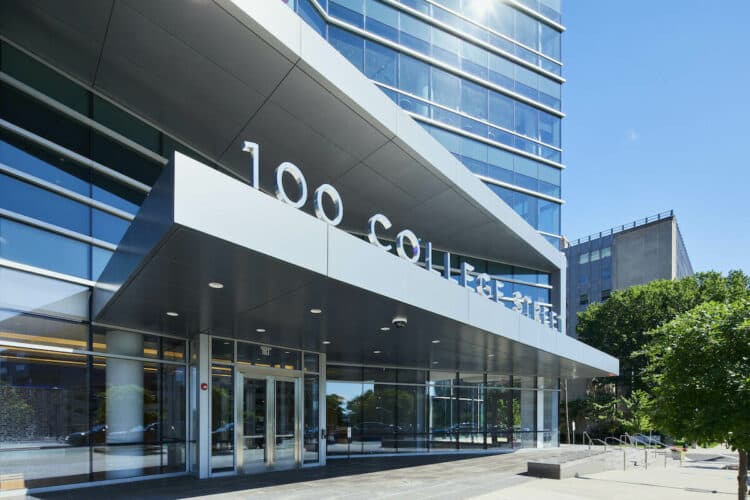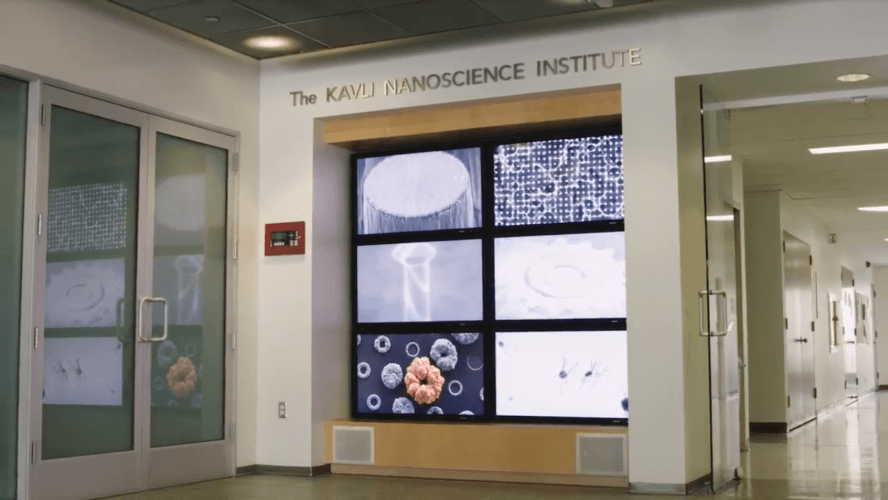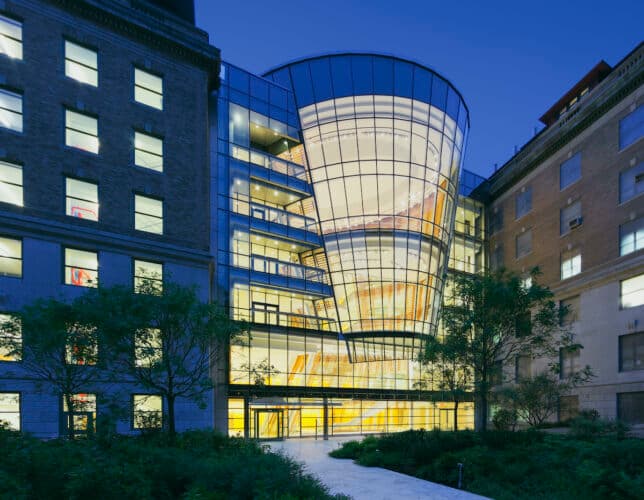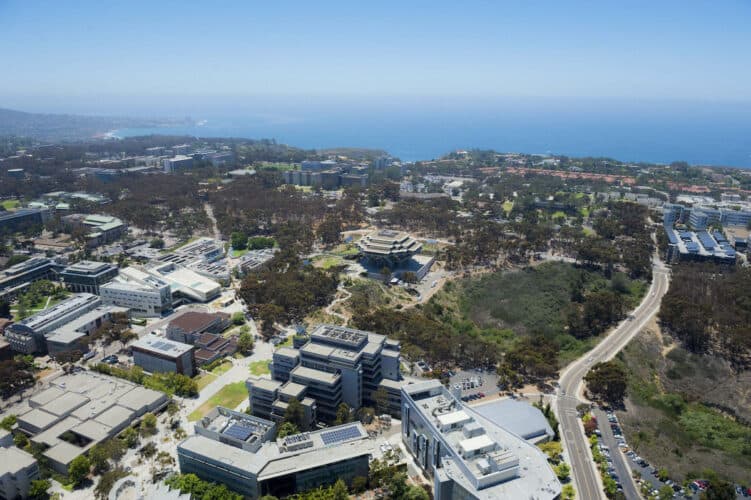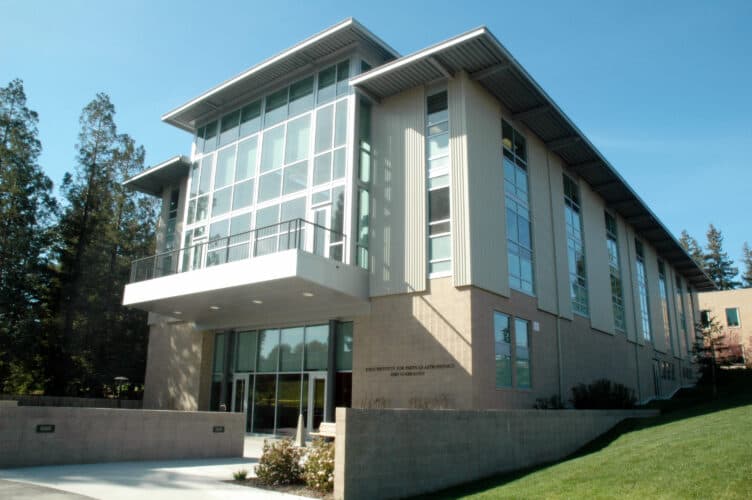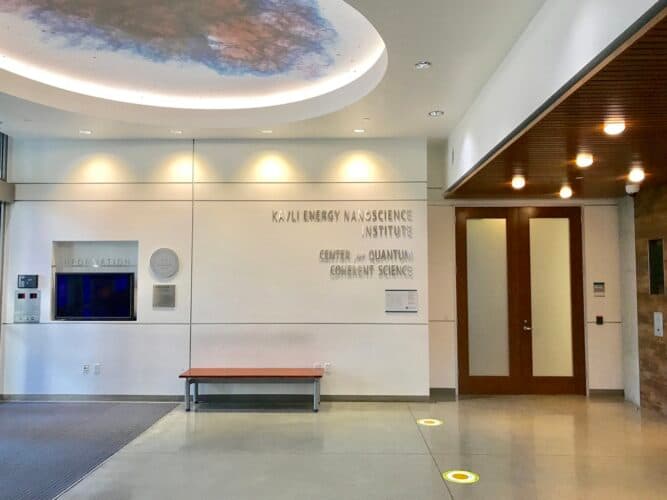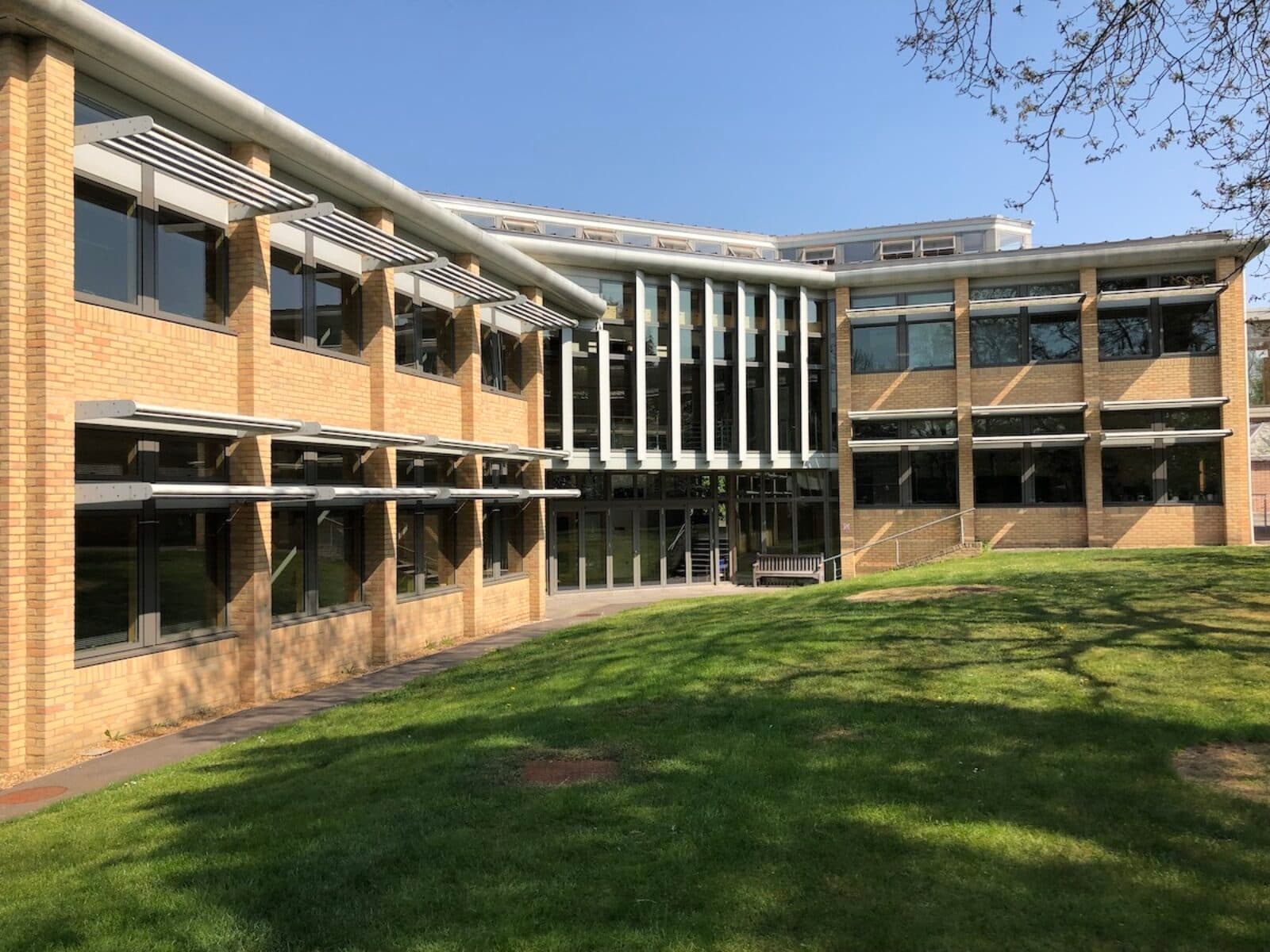
University of CambridgeKavli Institute for Cosmology
Exploring the physics of the early universe, the time just after the event that created the cosmos 14 billion years ago
The infancy of the universe is a seemingly inexhaustible source of discovery and debate: study of this epoch sheds light not only on the distant past but on the present and future as well. The Kavli Institute for Cosmology, Cambridge (KICC) creates a single site at which the university’s cosmologists from different academic departments can share knowledge and work together on major projects.
FOUNDED 2006
Leadership
AREAS OF INQUIRY
- PRECISION COSMOLOGY: Research interests in large scale structure, cosmic microwave background, and precision cosmology at KICC cover a wide array of physical phenomena, associated with a large range of astrophysical scales and epochs – from the present-day properties of the universe going back in time to the surface of last scattering and the Planck scale era. KICC research in this field includes the involvement and exploitation of ongoing and forthcoming large-scale surveys.
- THE EPOCH OF REIONIZATION: KICC is active in exploring the epoch when the intergalactic fog of neutral hydrogen was reinoised by the appearance of the first generation of stars and black holes. Activities in this area include the development and exploitation of new cutting edge radio facilities and numerical simulations.
- FORMATION AND EVOLUTION OF GALAXIES: Work within this area focuses on the understanding of the mechanisms and physical processes responsible for galaxy formation and evolution, as well as the role played by accretion onto supermassive black holes, across the cosmic epochs. This activity combines mulitwavelength observations of local and distant galaxies and quasars, obtained by exploiting many of the major observing facilities worldwide, together with theoretical models and state-of-the-art numerical cosmological simulations.
- GRAVITATIONAL WAVES: Gravitational-wave astronomy is a branch of astrophysics that aims to use gravitational waves to understand objects such as neutron stars and black holes, events such as supernovae, and processes including those of the early universe shortly after the Big Bang. Research at KICC is focused both on theoretical work aimed at predicting the gravitational wave signal from the various classes of sources and on developing the statistical tools for the detection and analysis of gravitational wave experiments such as LIGO. KICC is also heavily involved in the development of new gravitational waves experiments such as AION and LISA.
- EXOPLANETS: KICC has expanded its research interests to the search and characterisation of exoplanets, especially thanks to the collaboration with the Cambridge Exoplanet Research Centre, which is leading various observational and instrumentation projects. Activities specifically linked with the KICC focus on the observational characterisation of exoplanets as well as their host stars.
Astrophysics Research Highlights
Research highlights from Kavli Astrophysics Institutes
Jan 18, 2023
Astrophysics Research Highlights
Remarkable basic research in astrophysics, theoretical physics, nanoscience, and neuroscience
Dec 19, 2022
Astrophysics Research Highlights
Research highlights from Kavli Astrophysics Institutes
Oct 12, 2022
Astrophysics Research Highlights
Kavli astrophysics institutes researchers react to the first images from the long-heralded JWST
Aug 05, 2022
Astrophysics Research Highlights
How the first-ever image of the monster black hole lurking in the heart of the Milky Way dispels any lingering uncertainty about the previously unseen object's nature
Jun 09, 2022
More Institutes
At Kavli Institutes around the world, scientists explore the frontiers of science in the fields of astrophysics, nanoscience, neuroscience and theoretical physics.
See all institutesNeuroscience
Norwegian University of Science and Technology
Neuroscience
Johns Hopkins University
Theoretical Physics
University of California, Santa Barbara
Cornell University
University of Tokyo
Neuroscience
University of California, San Francisco
Nanoscience
Delft University of Technology, Netherlands
Massachusetts Institute of Technology
Neuroscience
Yale University
Astrophysics
University of Chicago
Nanoscience
California Institute of Technology
Neuroscience
Rockefeller University
Theoretical Physics
University of Chinese Academy of Sciences
Neuroscience
University of California, San Diego, and the Salk Institute for Biological Studies
Stanford University
Nanoscience
University of Oxford
Nanoscience
University of California, Berkeley
Astrophysics
Peking University-Beijing
Neuroscience
Columbia University


